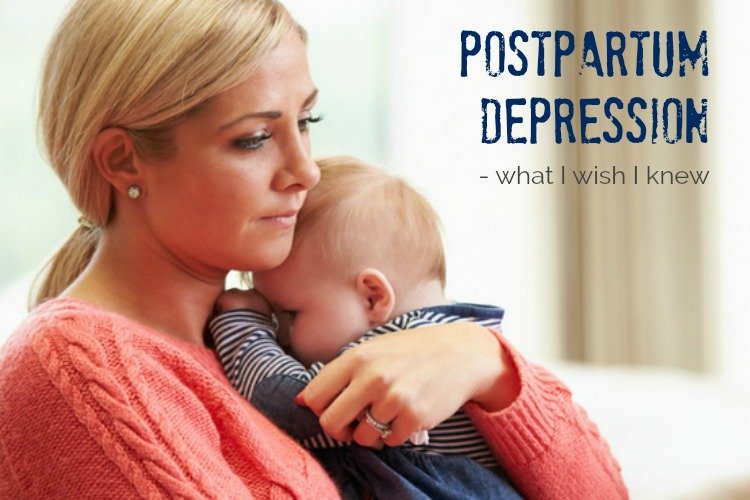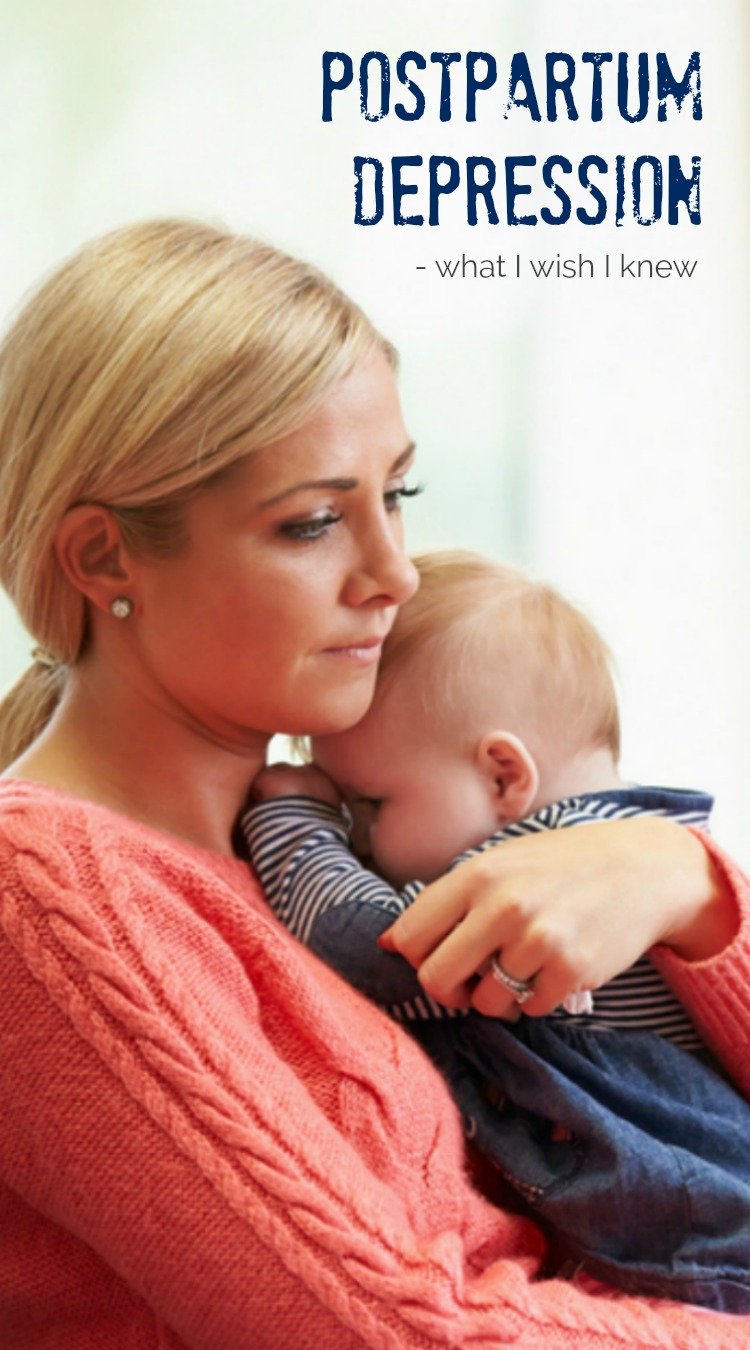“Honey, the baby is safe. He is in his crib. He’s okay. You are okay.”
Every night I woke up in a panicked sweat, my hands violently searching the bed for my baby. Had I brought him to bed and fell asleep nursing him? Had he suffocated somewhere in the blankets?
It wasn’t until my husband awakened and groggily reassured me our son was safely sleeping in his crib that I realized it was just another nightmare. My heart raced until I tiptoed into his room and, laying my hand on him, felt his heart beating. The slow, rhythmic rise and fall of his little chest brought me calm. I lifted up a whispered “thank you” towards heaven and returned to bed.
I had no idea why I was so paranoid. I thought perhaps it was just my nervous, new momma, sleepless brain building upon all the tragic stories my parents had told us about SIDS.
Unfortunately, there was more than my middle of the night panic attacks.
I pictured terrible things happening to my child. Subconsciously, I was so afraid that something would happen to my precious boy that I was visualizing all the maiming or life-threatening situations that could transpire. What if he ran out in front of a car? Would I be able to protect him? What if a pan of boiling water scalded his beautiful face? Would I know what to do? The scenarios were gut wrenching and left me shuddering with fear.
Did all new moms feel this way? I felt crazy. Crazy and overwhelmed and scared , yet happy all at the same time. Fearful of sounding insane, I kept most of these deep emotions to myself.
It wasn’t until my second pregnancy that I confided in a lifelong friend my concern of all these emotions arising again. After all, they had just started to subside and I was finally able to sleep again. I remember the conversation like it was yesterday. She looked into my tear filled eyes and asked, “You do realize that paranoia is a type of postpartum depression, right?”
No. I had no idea.
My only exposure to postpartum depression was witnessed by watching the movie “She’s Having a Baby” and I couldn’t relate to Elizabeth McGovern’s character. The on-screen new mom had no interest in her baby. She cried all the time. She had fallen into a deep depression and distanced herself from everyone. That wasn’t me.
But as I listened to my girlfriend share her knowledge on postpartum depression, it made sense. It actually validated why I felt like I did.
Friends, I am not an expert here. I’m just a momma who has survived dark nights, afternoons of tears and an immense sense of inadequacy. I’m a momma who spent as much time in fear as I did in joy. And I’m a friend who wants to help you understand that your feelings are valid, but you don’t have to struggle through them.
Here’s a little overview on postpartum depression (PPD)…
Postpartum depression isn’t a one-size-fits-all single, definitive condition. With a spectrum of severity ranging from mild to psychotic depression, postpartum depression mood disorders have been categorized into the following seven types based on their unique sets of risk factors, symptoms, and treatment courses.
Postpartum Blues (a.k.a. “baby blues”)
Postpartum Depression
Postpartum Anxiety
Postpartum Obsessive Compulsive Disorder (OCD)
Postpartum Panic Disorder
Postpartum Post-Tramatic Stress Disorder (PTSD)
Postpartum Psychosis
Postpartum blues is the mildest postpartum mood disorder and per postpartumdepression.org “is considered today to be normal and not serious for postpartum women.” The symptoms include anxiety, crying for no reason, feeling overwhelmed, moodiness, sadness, tiredness, insomnia, and a change in eating. However, these symptoms do not interfere with the woman’s ability to function in everyday life and they pass quickly (within approximately 2 weeks).
While I want to giggle and say that motherhood in general is a mix of overwhelming emotions, anxiety, tiredness, moodiness, and never getting to eat a hot meal, PPD is real and in the midst of adapting to adding a new little person to your family, it can sneak up on you and steal your joy.
Mommas, what I wish I knew after the birth of our first son is that postpartum depression isn’t just sadness and fatigue. It’s a mood disorder. It’s an intrusion of feelings of inadequacy and fear into what should be a joyful and beautiful celebration of new life.
I was naïve to the symptoms. I was naïve in thinking that it couldn’t happen to me. And I was too prideful to share what I was going through.
Whether you are getting ready to experience motherhood for the first time or whether you are a mom in the middle of the storm right now, I encourage you to take a few minutes to educate yourself on postpartum depression (the “blues” lasting longer than two weeks). Know the symptoms. Know that there is treatment. And know that if it does happen to you, that you aren’t alone.
Be brave. Have the courage to talk to someone about your struggles. Talk to your doctor. Don’t sacrifice your quality of life with your sweet baby for your pride. You are gonna be a great mom!

If you had postpartum depression of some kind and are willing to share… what advice would you give to new moms? Please share in comments below.







